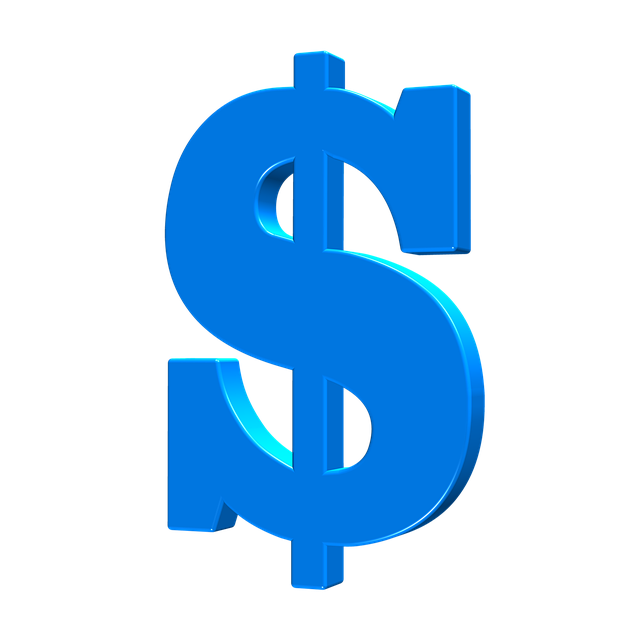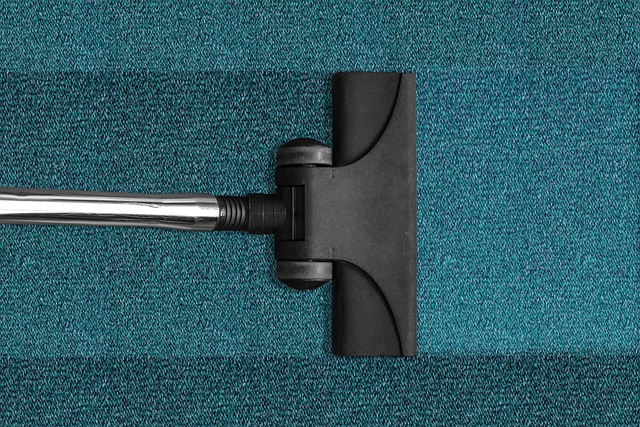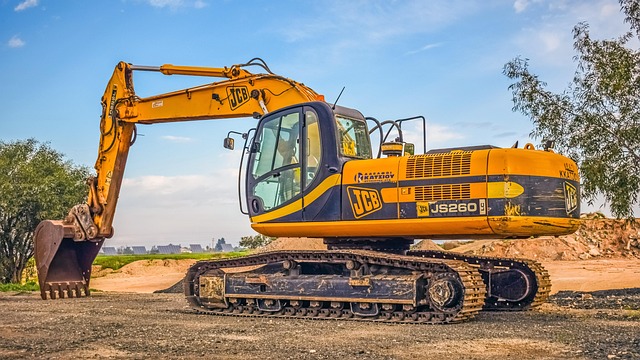Leasing offers significant advantages over buying, particularly in cost analysis and financial flexibility. It typically results in lower monthly payments by covering only asset depreciation, provides tax benefits such as deductible lease payments and potential green leasing tax credits, and allows businesses to optimize resource allocation. Buying, while appealing for long-term stability and asset ownership, involves substantial upfront costs and taxes. A thorough cost analysis considering tax implications is crucial when deciding between leasing and buying, with leasing benefits becoming particularly attractive in uncertain markets or personal situations.
In today’s financial landscape, understanding the tax implications of leasing versus buying is crucial for both businesses and individuals. This article delves into the intricate details of these decisions, offering a comprehensive guide to navigate the complexities. We explore the tax advantages and financial benefits of leasing, from operating expense deductions to short-term flexibility. Conversely, we analyze the tax implications of property ownership, including capital gains and property taxes. Through a cost analysis, we uncover scenarios where leasing or buying might be more advantageous, ultimately helping you make informed decisions with long-term financial planning in mind.
- Leasing: Unraveling Tax Advantages and Financial Benefits
- – Discuss tax deductions for operating expenses related to leasing.
- – Explain the benefits of not owning property through leasing, such as flexibility and lower initial costs.
- Buying: Exploring Tax Implications of Property Ownership
- – Delve into capital gains taxes associated with purchasing a property.
Leasing: Unraveling Tax Advantages and Financial Benefits

Leasing offers a unique set of tax advantages and financial benefits that can significantly impact an individual or business’s bottom line. From a cost analysis perspective, leasing allows for predictable monthly payments, often lower than loan payments, as it only covers the depreciation of the asset rather than its full purchase price. This flexibility can be particularly advantageous for businesses with fluctuating cash flows, as it provides a more manageable financial burden.
Moreover, when it comes to tax considerations, leasing offers certain advantages over buying. Lessees may be able to deduct their lease payments as business expenses or even qualify for tax credits related to green leasing. In contrast, buyers typically only deduct the interest portion of their loan payments and may face higher taxes on the overall cost of asset ownership. This difference in financial implications can make leasing a more attractive option in certain scenarios, allowing businesses to allocate resources more effectively while navigating the complex landscape of tax laws.
– Discuss tax deductions for operating expenses related to leasing.

When it comes to taxation, leasing offers several compelling leasing benefits that can significantly impact your financial implications. One of the key advantages lies in the ability to deduct various operating expenses related to the lease agreement. This includes costs such as maintenance, repairs, and even certain insurance premiums. These deductions can substantially reduce the overall taxable income for businesses, providing a more flexible cash flow management.
While considering asset ownership through buying may seem attractive, it’s important to weigh this against the potential long-term financial burden. The cost analysis of owning versus leasing should factor in depreciation, property taxes, and insurance costs, which can often be avoided or minimized with a lease agreement. This allows businesses to focus on core operations without the added financial weight, providing a clearer path for future growth and strategic decision-making.
– Explain the benefits of not owning property through leasing, such as flexibility and lower initial costs.

Leasing offers a range of benefits that can be particularly appealing to individuals and businesses seeking flexibility and cost savings. One of the key advantages is the lower initial investment. Unlike buying, where significant capital is required upfront for down payments and closing costs, leasing allows tenants to pay monthly installments, often based on market value, without a large upfront sum. This accessibility makes it an attractive option for those who prefer not to tie up their finances in long-term asset ownership.
Additionally, leasing provides the freedom to adapt to changing circumstances. Whether it’s relocating for work opportunities or downsizing after family changes, leases can be adjusted or terminated with notice, compared to buying where selling a property can be a lengthy and financially demanding process. This flexibility is especially valuable in today’s dynamic market where financial plans may evolve rapidly. While leasing does not confer the same level of control over one’s space as owning, it presents a different set of financial advantages and tax considerations that can be beneficial for various individuals and enterprises, offering an alternative path to asset acquisition.
Buying: Exploring Tax Implications of Property Ownership

When considering whether to lease or buy, understanding the financial implications and tax considerations of each option is crucial. Buying involves a significant upfront cost, which includes not just the purchase price but also closing costs, down payments, and potential property taxes. While this can be a substantial investment, it also comes with certain advantages such as building equity over time through mortgage payments and long-term stability.
Exploring the tax implications of property ownership is essential for a comprehensive cost analysis. In many cases, homeowners can benefit from tax deductions on their mortgage interest and property taxes, reducing the overall financial burden. This is especially attractive in areas with high property values and corresponding taxes. Conversely, leasing offers flexibility, as tenants typically do not bear these direct tax costs associated with ownership. However, it’s important to consider how lease terms and renewals can impact long-term financial plans and asset ownership.
– Delve into capital gains taxes associated with purchasing a property.

When considering leasing versus buying a property, it’s crucial to delve into the capital gains taxes associated with each option. If you opt to buy, you’ll want to understand the financial implications of selling an asset later on. Capital gains are calculated as the difference between the purchase price and the sale price, and this can significantly impact your tax liability. A thorough cost analysis should factor in both short-term and long-term tax considerations, especially if you plan to hold the property for an extended period.
Leasing offers distinct advantages when it comes to tax considerations. As a lessor, you may be able to deduct various expenses such as maintenance, repairs, and mortgage interest (if applicable). Additionally, leasing allows for more flexibility in terms of asset ownership; you can choose to sell the property at any time without incurring capital gains taxes, provided you adhere to relevant tax laws. This dynamic can make leasing an attractive option, especially if market conditions or personal circumstances change unexpectedly.






